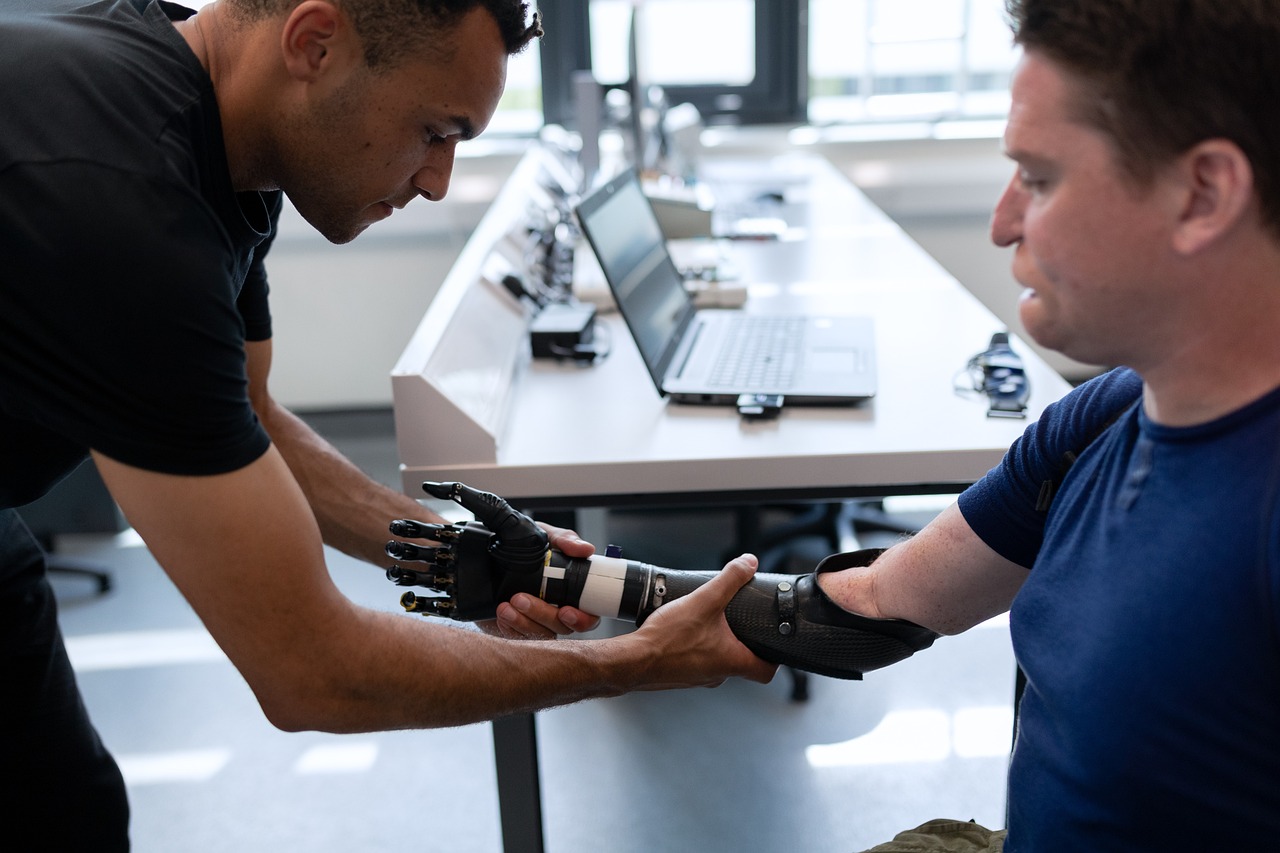For some people with disabilities or special needs, navigating the complex services and resources available can be overwhelming. Support coordination can help with this process.
Support coordination involves helping individuals and their families identify what they need and connecting them with the right services and resources to meet their goals. This could include healthcare, education, housing, transportation, and more.
A support coordinator works alongside the individual and their family to ensure they receive the services they need. They help with planning, budgeting, and scheduling appointments. They also advocate for the individual to ensure they receive the most appropriate and effective services.
Support coordination can make a huge impact on the lives of those who need it. It helps individuals and families receive the necessary support and resources to live their best lives possible. It can also be a huge relief for caregivers who may feel overwhelmed with the responsibilities of caring for a loved one with special needs.
It’s important to note that support coordination is not a one-size-fits-all approach. Each individual has unique needs and goals, so support coordination must be tailored to their specific situation. It’s also important to choose a qualified and experienced support coordinator.
Support coordination is a valuable service that helps individuals with disabilities or special needs access the resources and services they need. It can greatly improve their quality of life and provide peace of mind for their families.






